November 18, 2009 Chapel Hill, NC - The US Preventive Services Task Force's (USPSTF) recommendations regarding breast cancer screening have touched off a heated national debate. Lost in this tumult is one critical recommendation that everyone agrees upon: average risk women aged 50-74 years old should get regular breast cancer screening with mammography. In addition, women aged 40-49 years who are at higher than average risk (due to genetic factors, family history or medical history) should continue to get regular screening. No matter where this breast cancer screening discussion takes us, we should not lose sight of this.
Of course, this doesn’t help women aged 40-49 years who are caught in the middle of this evidence cross-fire. One expert group says this, another says that. What will my insurance company pay for? What should I do?
Clinicians are also caught in the middle. Where do I stand? Which experts do I believe? What should I tell my patients and their families when they ask?
The USPSTF, the American Cancer Society, and other expert groups have put forth recommendations they believe are based on a comprehensive and fair review of the existing evidence. They have reached different conclusions. A national debate has begun and it seems that everyone is being asked to take sides. Rather than rush to judgment, what's needed is a careful airing out of the issues and evidence. UNC, with experts like Dr. Etta Pisano (a radiologist who led development of digital mammography), Dr. Russell Harris (an expert on cancer screening), Dr. Michael Pignone (an expert in patient/physician decision-making), and an outstanding breast cancer clinical team (led by Dr. Lisa Carey, Dr. David Ollila, and Dr. Larry Marks) has the expertise and experience to help mold this debate.
In the meantime, what do we do? Along with expert consensus, it seems that clarity has evaporated. But, has it? We should ask ourselves whether the breast cancer screening landscape changed so much as to be totally unrecognizable. The answer is "no."
The USPSTF's new recommendation is against routine screening, not screening altogether. They recommend that women aged 40-49 years and their physicians should decide when screening should start after taking into account how each individual feels about the benefits and harms of screening. For women in this age group and for those who support the USPSTF, breast cancer screening mammography remains an important option -- just not a hard and fast standard.
The fear, of course, is that younger women will now hear a mixed message and decide against mammography -- not only in their 40's but in their 50's and beyond. There is also worry that third party payers may now use this recommendation as an excuse for not paying for this screening test. These are important worries that must be addressed as we move forward.
For now, until we have fully examined and weighed the USPSTF's challenge to the status quo, the prudent action seems to be to continue to look to current guidelines. Whatever happens, women aged 50-74 should continue to get regular breast cancer screening and breast cancer screening should continue to be a choice for women aged 40-49.
Whatever happens, UNC will have the expertise and experience to help.
| Shelley Earp, MD
Director
Michael O’Malley, PhD Associate Director |
